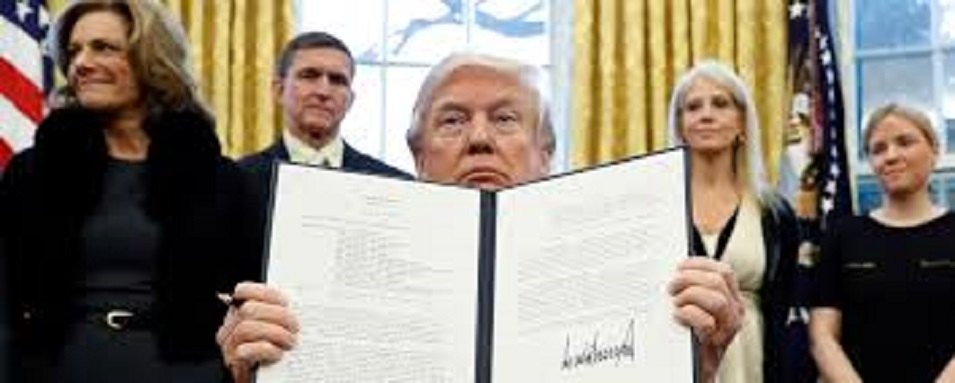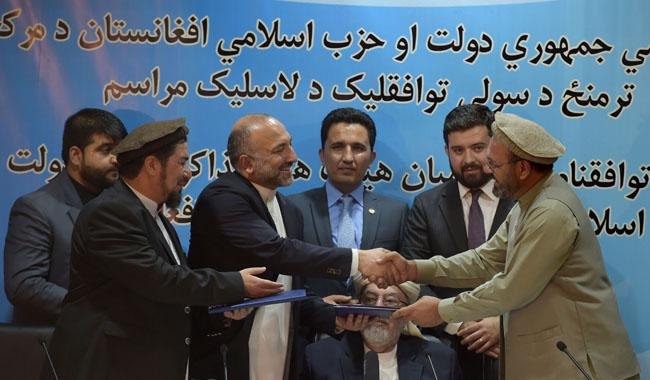The US Foreign Policy: Contradictions and Confrontations

Mahmood Yazdanfam
The first three months of Trump’s foreign policy was associated with the issuance of executive orders prohibiting entry of nationals of the six predominantly Muslim countries to the US; new appointments; meeting with the officials of other countries; missile attack on Syria; dropping ‘mother of all bombs’ in Afghanistan and sending US fleet to the coasts of the Korean peninsula.
Confirming Iran’s compliance with its obligations under JCPOA; imposing sanctions on 13 and 25 respectively real and legal persons because of Iran’s missile activities, objecting Iran’s regional policies and declaring it as a violation of the spirit of JCPOA and issuing order on reviewing US policy on Iran are among measures that the US has taken towards Iran.
The US attack on Syria represents a significant turn in the foreign policy of this country. The attack on Syria stopped the improving process of relations between Moscow and Washington and led to the escalation of tensions between the US and Russia.
There are three scenarios regarding the US strategy in Syria: 1. Individual attacks in order to show the US decisiveness and redlines to Bashar Assad; 2. Increasing military intervention through provision of more support to the opponents and creating no-fly zone for making a balance of power to reach a diplomatic solution; 3. Widespread military intervention that may develop conflict with Russia and weaken the fight against the ISIS.
Trump policy in the Far East trade deficit with China reached an agreement with the Korean crisis led to a military confrontation.
US involvement in one region of the world decreases its military capacity of involvement in other regions. Trump Administration has expressed its dissatisfaction on JCPOA but considers its cancelation very costly. After strict interpretation from JCPOA, the US is seeking the imposition of new sanctions with the pretext of human rights, missile activities and Iran’s regional policies. The first one is followed by the government and the second one is pursued by the Congress. “Countering Iran’s Destabilizing Activities Act” is one of the existing measures in Congress.
The Islamic Republic of Iran should re-evaluate and review its national and regional strategies in line with domestic and international developments. Stressing on vital principles and interests and reviewing the approaches and mechanisms to insure them is the key to the success of the countries in the international system the observance of which would lead to a rational combination of decisiveness and flexibility and would provide predictability, trust and confidence.
After the new Administration in the US, formal channels of communication have lost. As it was indicated in 4-year experience of nuclear negotiations, security and national interests of the countries are of vital importance in the international relations. Establishing channels of communication is a necessity in order to meet the national objectives and interests.
What is considered as important in communication and relationship is to meet national interests from the position of Dignity, wisdom and expediency. Trump -for his economic and trade look towards the world- is stressing on the use of deliberate power; while showing interest on establishing economic relations. Facing such a situation, the Islamic Republic of Iran should indicate that in addition of being powerful, it enjoys such a rationality and capacity that can be considered as a party to serious negotiations for peaceful solution of differences and if the other party refrain from choosing pacific solutions and resort to wrong approaches, Iran is able to impose huge costs on it.


